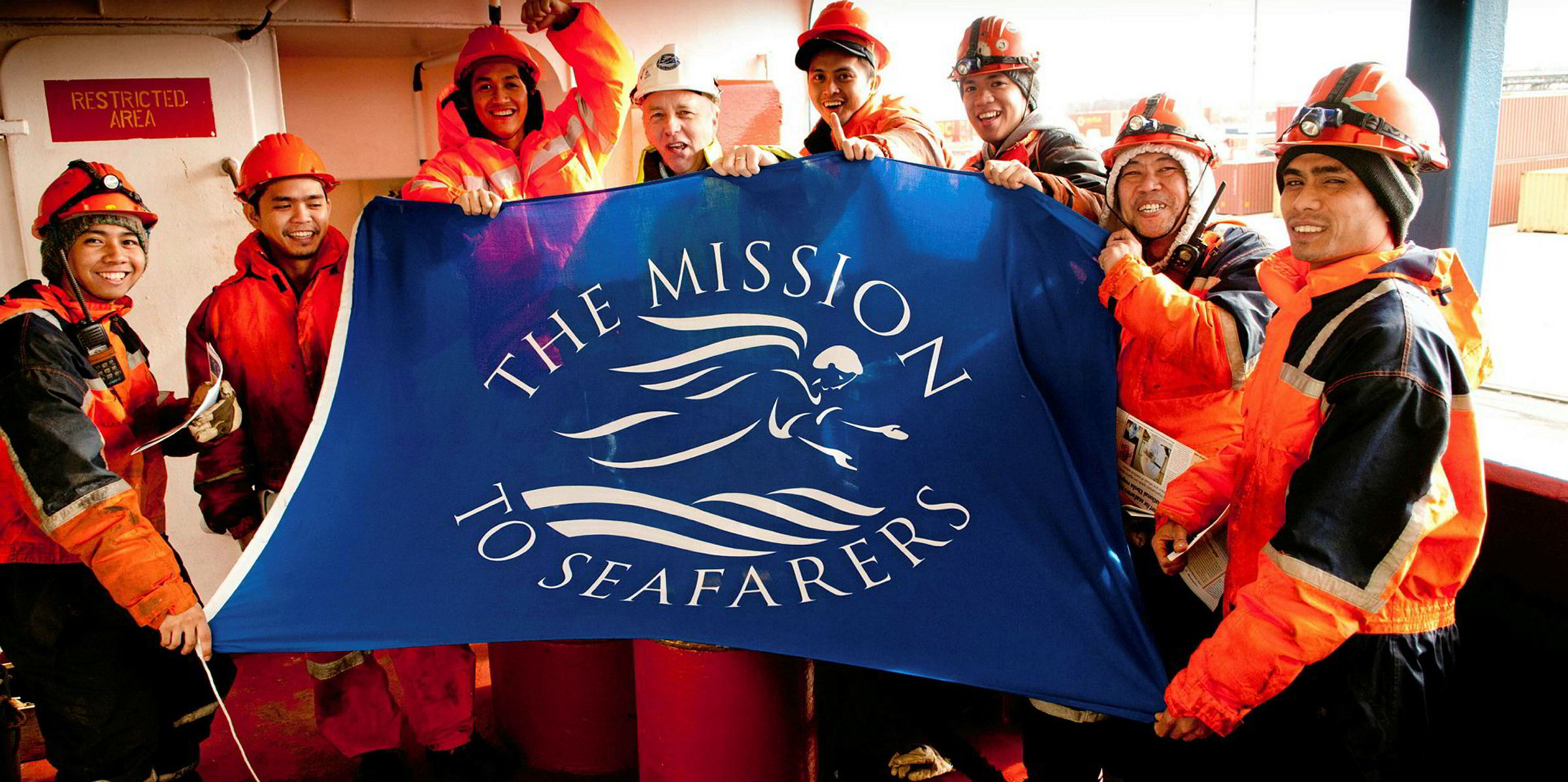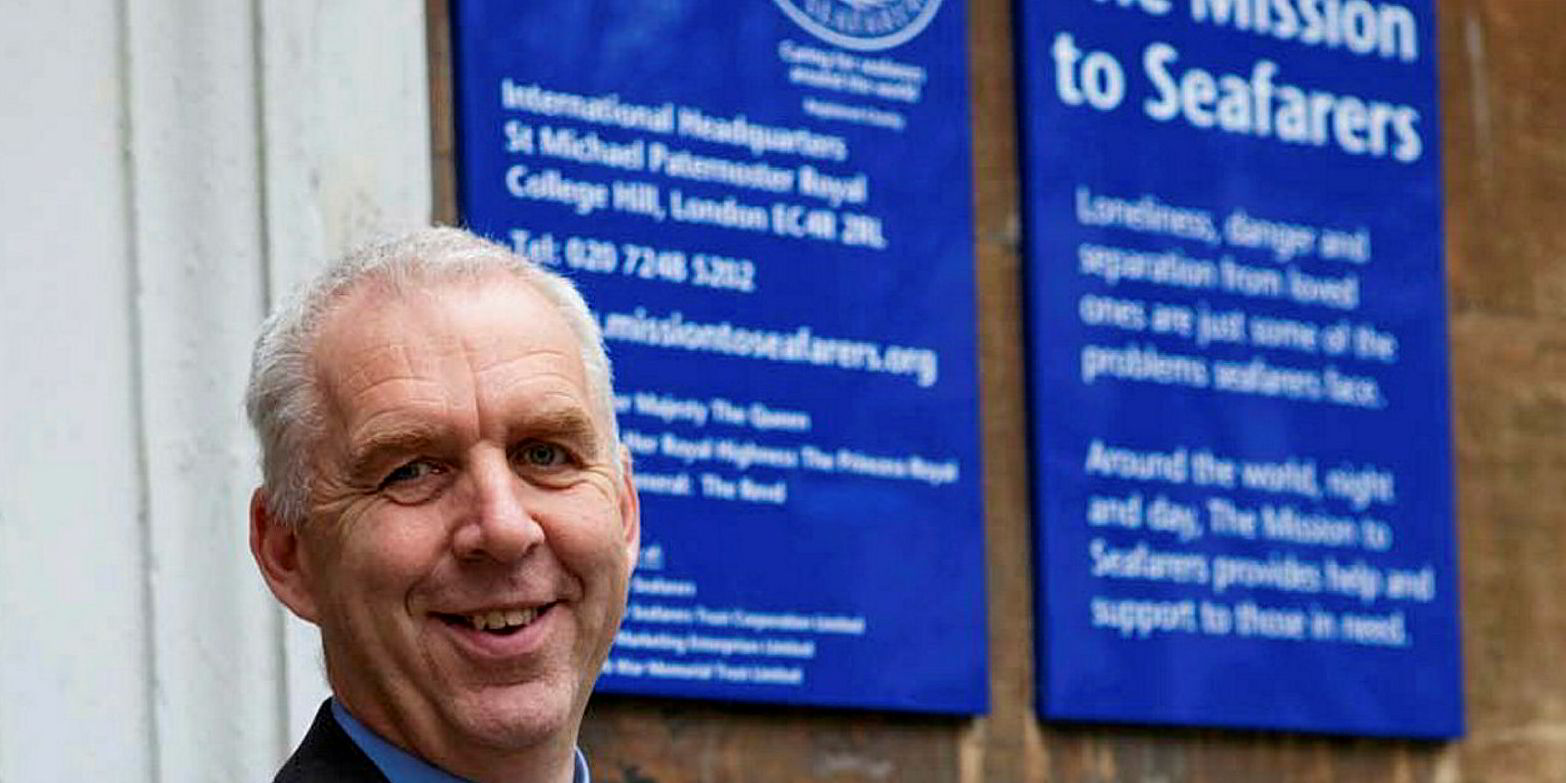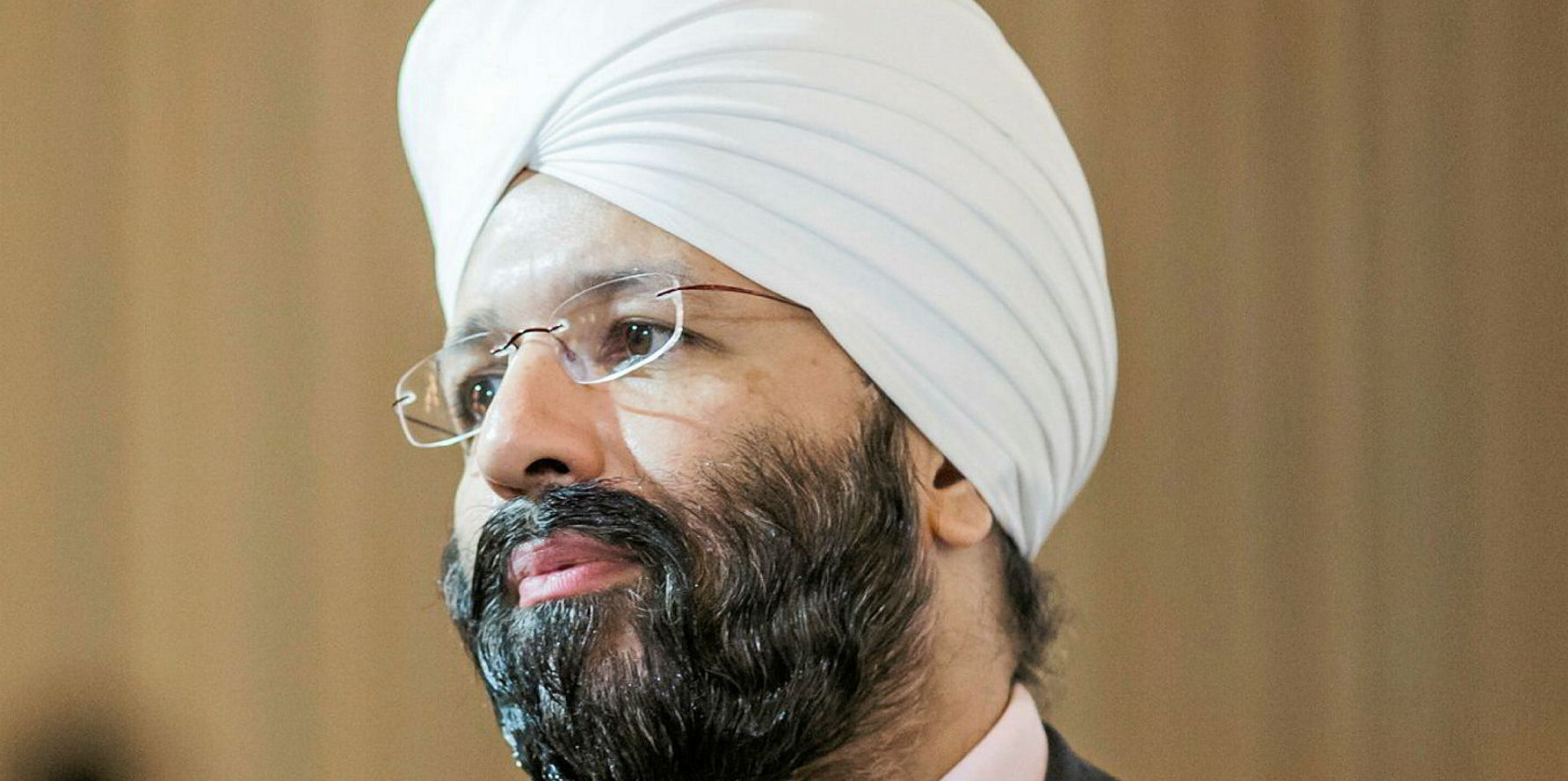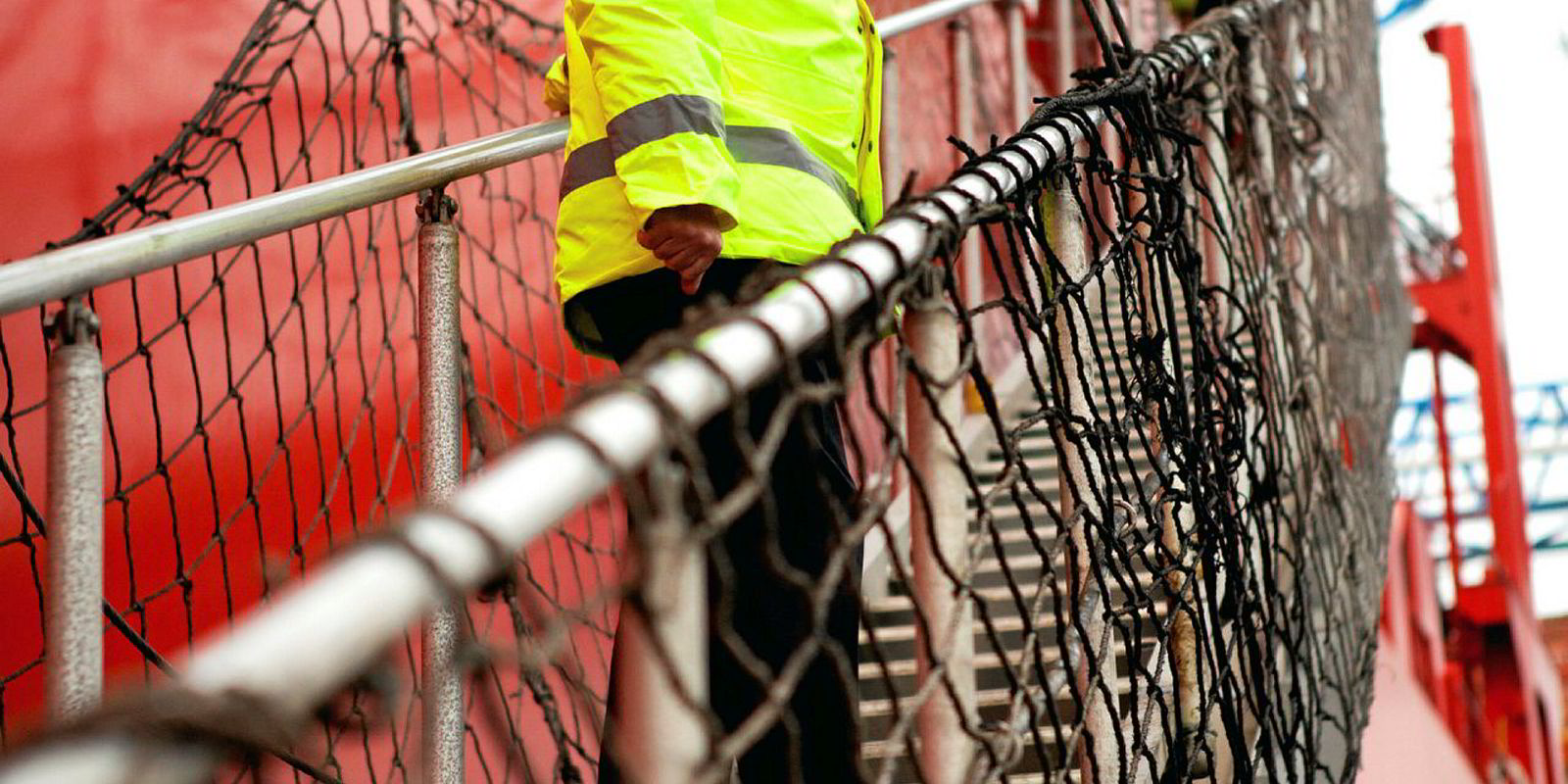When Reverend Canon Andrew Wright was appointed secretary general of the Mission to Seafarers, he remarked: “I believe in Christianity with its sleeves rolled up and an action-based approach.”
Now, more than six years later, he acknowledges that plenty of action is needed if the Mission is to keep pace with the changing face of shipping.
Some of the charity's centres are being used less due to seafarers spending shorter periods in port as technology reduces vessels' turnaround times. Other key factors include smaller crews, tighter security, the wider availability of wifi on ships, and often improved onboard accommodation means. As result, some centres have closed.
Rethinking and remodelling
The Mission is having to rethink and remodel many of its 121 centres worldwide to meet the requirements of a rapidly evolving shipping industry. It is a similar story for other seafarers’ organisations.
Footfall may be down at some Mission to Seafarers’ Flying Angel locations but overall they remain in huge demand. About 673,000 visits were made last year, up 16% from 2017, while 76,000 ship visits involving 353,000 seafarers were recorded — a rise of 8%.
However, this does not detract from the fact that Wright is wrestling with trying to modernise centres that reflect a past era and which, in many cases, are far too large for today’s needs.
A prime example is the Mariners' Club in Hong Kong, an 11-storey building in Kowloon, overlooking the harbour. It is being demolished and rebuilt as a 42-storey structure, including a hotel, with various levels set aside for the Mission.
The club is still heavily used by seafarers, particularly before and after they join ships, and after completing contracts. A private developer is taking the commercial redevelopment risk.
Likewise, the Mission’s centre in Dar es Salaam is being redeveloped, also in partnership with a private company. A new seafarers' centre will be opened later this year at no cost to the Mission.

Elsewhere, centres simply need updating. But the cost, coupled with ongoing maintenance, is a constant burden that relies on everything from street collections to coffee mornings and flag days, as well as corporate contributions.
Simplicity is key
Wright, a former vicar in Wigan and senior chaplain at the Royal National Mission to Deep Sea Fishermen, says smaller and simpler centres are needed are generally, often closer to the ports, and designed to be run by fewer staff.
Shorter vessel turnaround times mean seafarers may only have a few hours of free time in port.
The Mission's recently opened centre in Port Talbot, South Wales, is an example of how they might look in future. It is portable and can be relocated if necessary.
Wright describes it as “absolutely brilliant, relatively cheap to build and everything you need in a relatively small space”.
The open-plan design includes a kitchen, shop, lounge, pool table and television screen, but no overnight facilities or large, separate rooms that such centres used to have.
Similarly, there is a new small centre in Cyprus.
We absolutely believe they have a future, provided they are in the right place and [are] the right kind of facility
Reverend Canon Andrew Wright
Wright says it is“cost-effective, a nice place for seafarers to go and meet chaplains and other members of the local community, relax and chill, but without the huge space that would have been traditional in days gone by".
Despite declining visitor numbers at some seafarers’ centres, Wright says: “We absolutely believe they have a future, provided they are in the right place and [are] the right kind of facility.”
Seafarers visiting the Port Talbot centre, for example, may have sailed for 40 days from Australia or more than 30 days from South America but, when they arrive, be it day or night, there is a room with wifi and access to a toilet.
“They tell us they really enjoy just being off the ship,” Wright says.
Even if just for a couple of hours, the centres offer crew the opportunity to relax in their own space that is safe and where they can be guaranteed a warm welcome and provided with basic facilities they need.





